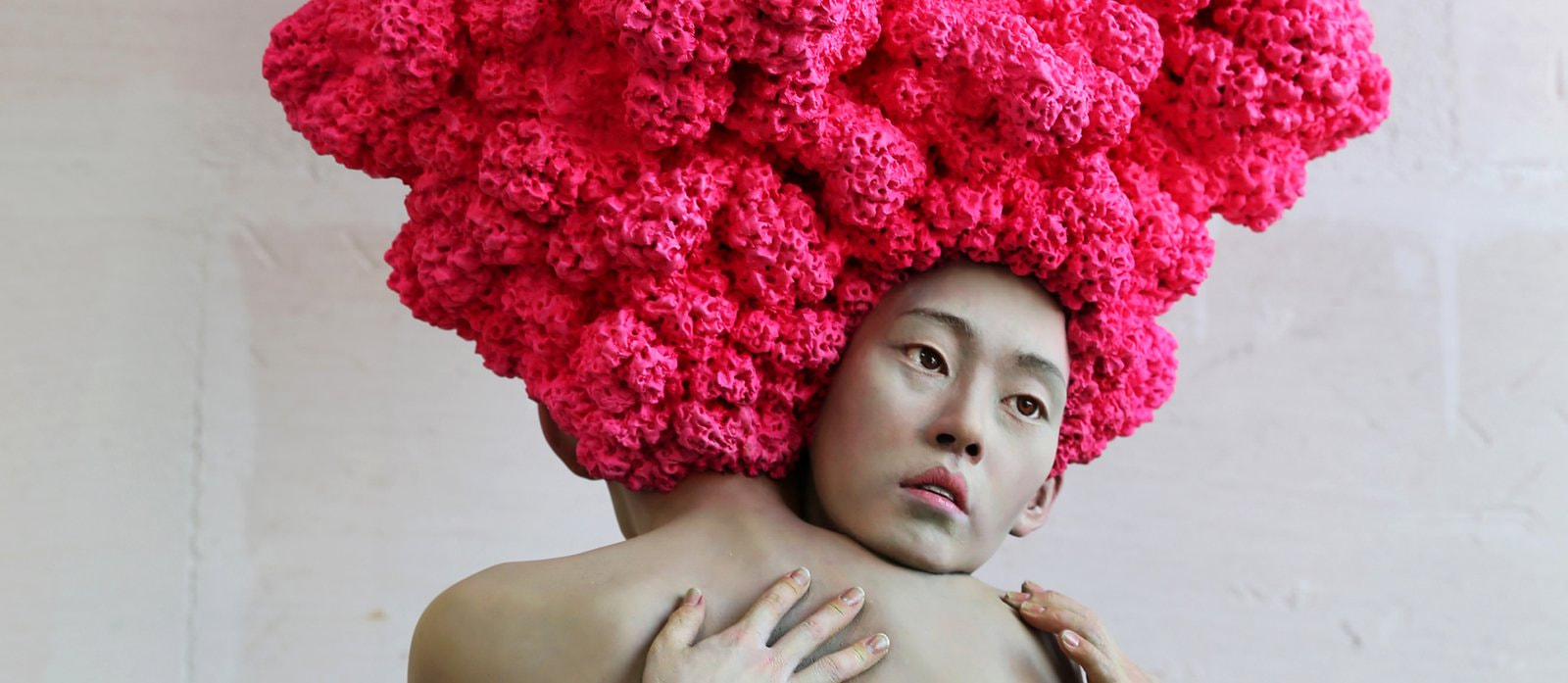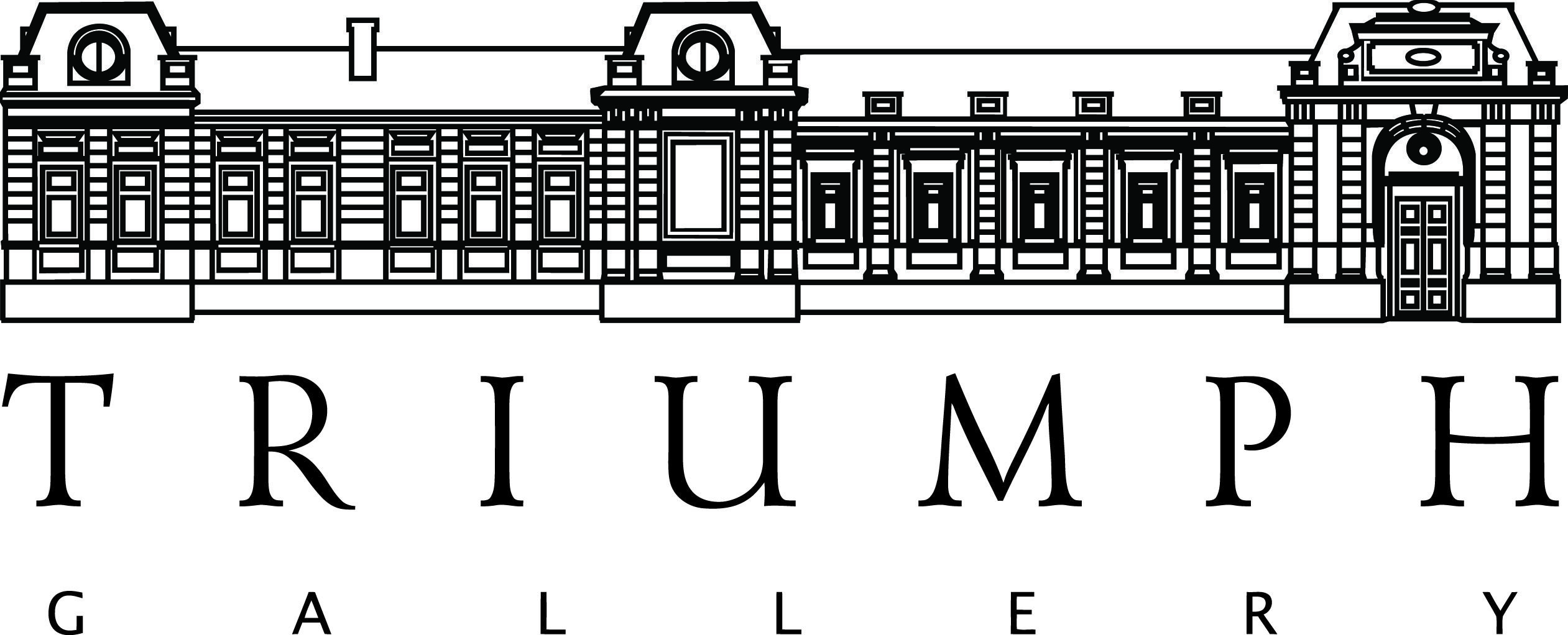During a public talk with curator Antonio Geusa, Korea specialist Elena Khokhlova and art historian Lee Hyun Suk will discuss the history of contemporary art in South Korea and its distinctive features, and how South Korean artists are addressing the issue of finding a national identity in art.
Garage Museum of Contemporary Art and Triumph Gallery have prepared a public program for the EXTENSION series of international exhibitions, which showcase the current art scene of different countries. The second lecture in the program is dedicated to contemporary South Korean art.
Throughout the 20th century, art in South Korea developed under the influence of Western art movements, initially modernism and then postmodernism. The study of Western movements started in 1910 with mediation from Japan, and after the end of Japanese occupation and civil war, from the 1950s onward Korean artists have taken in Western modernism and started experimenting independently. Ever since the 1960s, artists in Korea have attempted to resolve the issue of finding a national identity in art, combining the country’s traditional aesthetics with Western art techniques. The Korean movement of abstract art—Tansaekhwa (also known as Dansaekhwa)—was born. In the 1980s, abstract painting was the dominant force. At the same time, however, realist movements also existed in parallel, the minjung misul (“art of the people”) and geug sasiljuui (“hyperrealism”).
In the 1990s, after the country “opened up,” the artists had an opportunity to study in the West, where they became fascinated with the wave of conceptual art and postmodernist ideas. This is the generation that elevated the country to the global stage. Over the past two decades South Korea has made a breakthrough in art, and now the country has become one of Asia’s major art centers. South Korean art is now successfully integrated globally. Artists address topics that are typical of global art: for example, criticism of our consumerist society or the problem of art in a modern, globalized world.
This lecture will outline the areas where art in the Republic of Korea has developed over the past few decades, and will also focus on the main topics covered in such art. The audience will have an opportunity to study the topics of interest reflected in the works of the most influential artists and examine the issue of finding a national identity in South Korean art—and how it is being resolved today.

